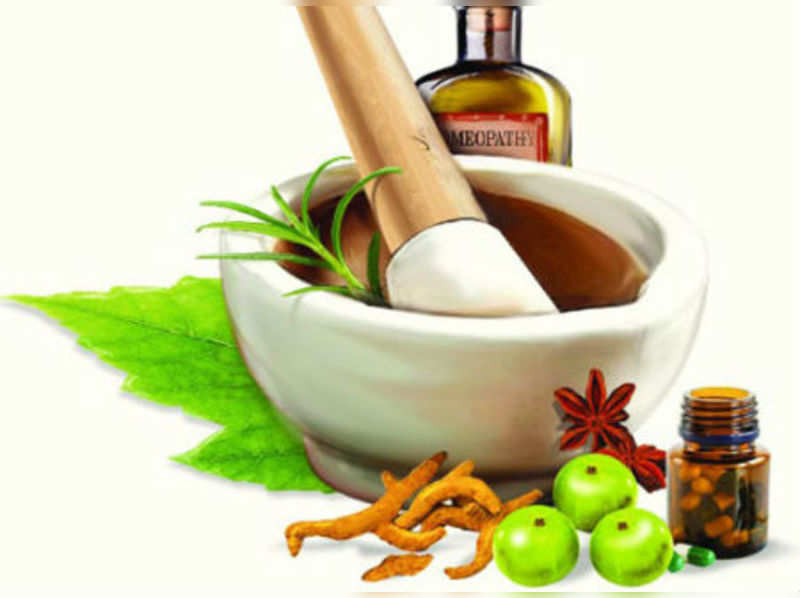Monsoon mosquito menace
Fumigate your home every evening with the smoke of dried neem leaves to keep mosquitoes away.
Feet and fungal infections
Foot care in monsoons is a must because they tend to be in contact with water most of the time. It is especially important for diabetics to take care of their feet during this season. Avoid coming in contact with dirty water. If you do, wash your feet and dry them immediately. Keep toenails clipped so that they don’t trap moisture, which will lead to fungal infection. Always wear footwear even inside the home so that you don’t absorb the damp and cold that can aggravate the Vata dosha.
Bath rituals
Vata dosha can also be curbed by taking hot water baths. Take an oil bath at least once a week by combining sesame oil and neem oil in equal proportions. Use this oil to massage your body, wait for 20 minutes and follow with a hot bath. This will keep skin infections at bay and also help with blood and lymph circulation.
Dos and don’ts of diet
Staying hydrated is a must during monsoon to keep metabolism strong and one must drink only warm water.
Cold water or chilled beverages are to be avoided completely.
Warming soups with heating spices like ginger are excellent for this season.
Salads and uncooked foods should not be consumed as they may contain germs (even when washed) and cause digestive issues.
It is a good idea to forego curds, red meat and any foodstuff which takes longer time to digest during the monsoon. One may have buttermilk instead of curds.
Drink a glass of lightly warm water mixed with a pinch each of long pepper powder and rock salt to stoke the digestive fire. This will help keep your digestion functioning well.
Do not sleep in the daytime especially after a meal as that slows down your metabolism.
Use plenty of hot carminative spices like ginger, garlic, turmeric, pepper, fenugreek, asafetida, cumin, etc. in your diet.
Herbal teas made with herbs like tulsi and spices are also ideal for the digestive system.
– Jeevika Tyagi, CEO, Allayurveda.com

